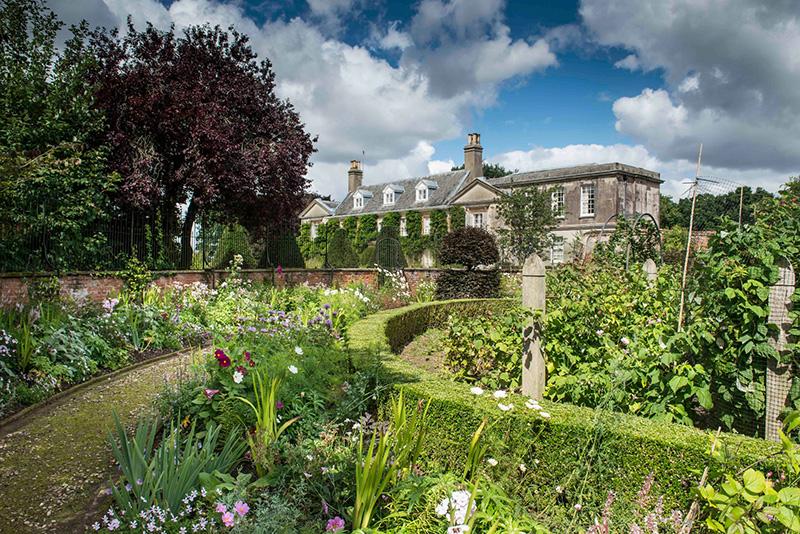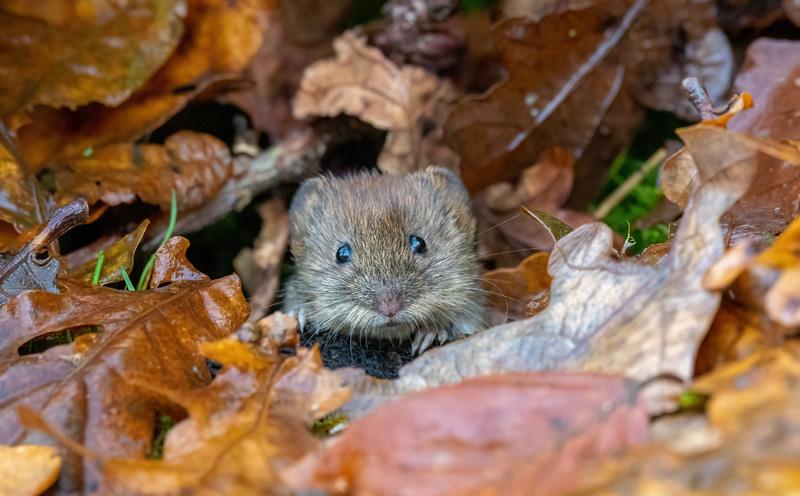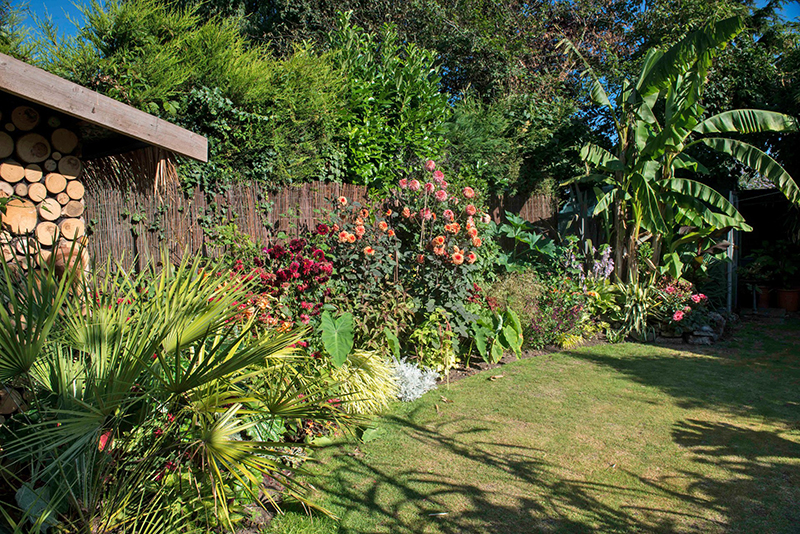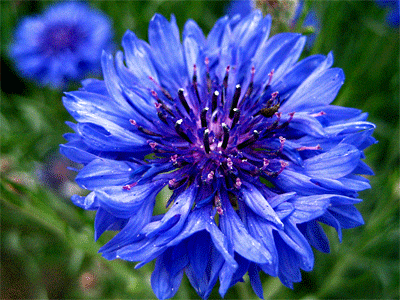 Cornflowers down to just three sites
Cornflowers down to just three sites
article by Charlie Jacoby from www.landgazette.co.uk
Vivid blue cornflowers were once so numerous that they were considered troublesome weeds in arable fields across the country. But towards the end of the 1970s the dramatic decline of this colourful plant was recorded in most parts of the UK and today it is thought they are confined to just three small sites in Suffolk, the Isle of Wight and Lincolnshire.
To highlight the plight of this magnificent blue flower, which has been the inspiration for poets and artists over the centuries, the Game & Wildlife Conservation Trust and Natural England are giving farmers and those interested in farmland wildlife on the Isle of Wight a rare opportunity to visit one of the most important sites for cornflowers in the country.
This event is being held at Cridmore Farm, Chillerton on the Isle of Wight on Wednesday 1 July starting at 3.30pm, thanks to owner Christopher Clarke. Following an informative walk around the farm to investigate the profusion of cornflowers, rare arable plants and other wildlife that flourish on the farm, the afternoon will finish at 5.30pm with a visit to the Isle of Wight Garlic Farm Café where drinks and light snacks will be provided by owner Colin Boswell.
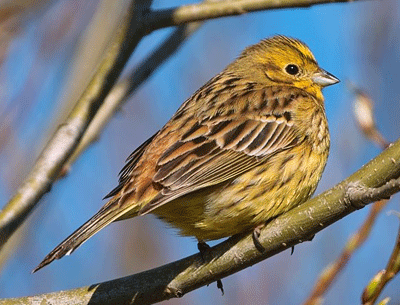 But it is not just cornflowers that are suffering worrying declines many others, such as corn marigold are also in a perilous state, mainly because of the introduction of herbicides and fertilisers in the 1950s. Many farmland birds such as the wild grey partridge, yellow hammer and corn bunting have also suffered serious declines and the aim of the farmland bird and rare arable flower day on 1st July aims to look at the problems these species face and to show how to restore these declining species through appropriate management.
But it is not just cornflowers that are suffering worrying declines many others, such as corn marigold are also in a perilous state, mainly because of the introduction of herbicides and fertilisers in the 1950s. Many farmland birds such as the wild grey partridge, yellow hammer and corn bunting have also suffered serious declines and the aim of the farmland bird and rare arable flower day on 1st July aims to look at the problems these species face and to show how to restore these declining species through appropriate management.
Peter Thompson, an advisor with the Game & Wildlife Conservation Trust says, “Many favourite farmland birds such as grey partridge and rare arable flowers have suffered huge declines but through detailed research we are now able to identify the different requirements of each individual species in order to restore them to their former glory.”
Topics to be discussed will initially help participants identify the different species on their land and will show the different management techniques required to help them thrive. Discussion during the event will also centre on how to make the most of the Government’s Stewardship Schemes to encourage wildlife and Rachel Bosenquet from Natural England will explain how to access funding through these schemes.
To book a place at this free event or for further information, please contact Lynda Ferguson, Game & Wildlife Conservation Trust, telephone: 01425 651013 or email: [email protected]

